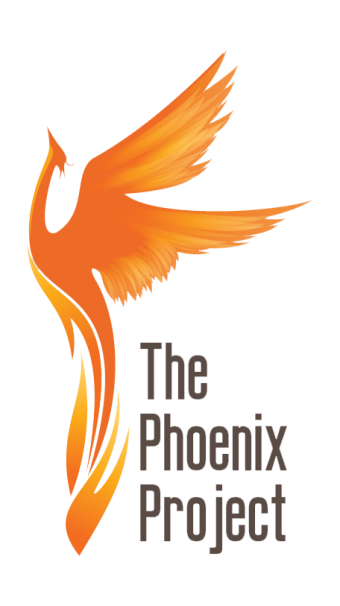The Phoenix Project: Child Trafficking and Prostitution Prevention – Southeast Asia
Child prostitution is one of the most severe forms of human exploitation. Some of the most abusive practices, and the highest concentrations, are found in Thailand. Child prostitutes are drawn from the most impoverished regions of countries surrounding its northern boundaries – primarily Myanmar. Due to austere social, economic and political conditions, the main sources for these children are the border areas into the Chiang Mai, Chiang Rai and Kanchanaburi provinces of Thailand. The GENESIS Network’s Phoenix Project has a unique ability to fight trafficking in these provinces, and thereby stem child prostitution.
In the Phoenix Project’s target communities alone, our studies show that an average of 1,300 children between the ages of seven and eighteen are trafficked annually. 91% of these have ended up in some form of slave labor – the majority in child prostitution. The perpetuation of child trafficking and prostitution requires access to people isolated from both opportunity and the capacity to aspire. This is characterized by an absence of governmental and civil society support structures. Without space to grow, there exists an allure toward trafficking and sex work, and into which a family frequently sells their child willingly. Under conditions of poverty where a family needs food or relief from debt, there may be no other option.
Phoenix utilizes a grassroots-driven, holistic approach combining long- and short-term goals to make real progress in the fight against human trafficking and child prostitution. This is accomplished by simultaneously facilitating the identification of abuses, the rescuing and reintegrating of victims into society, and the provision of education, job-training, and employment opportunities.
Fostering local inputs guarantees long-term accountability and personal investment. The Phoenix Project creates space for maximum involvement and volunteer support from each target community. Village leaders work together to gather information about groups of girls being smuggled through their areas. Families volunteer time to build schools. Many university-educated community members return to their villages, improving local education and training teachers. Teachers manage the schools and conduct outreach to raise awareness in other communities.
Social and material resources are first drawn from within a community before employing assets through external relationships. It is the difference between short-term superficial effects inflated by an overextension of external assets, and real, long-term results generated and sustained by the beneficiaries’ nurtured desire to help themselves.
Sustainability is the keystone in any GENESIS program. Going a step further, the Phoenix design sets the conditions for growth and an expanding reach. Vocational training programs for refugees are matched with employment opportunities generating unmatched, competitive sources of income for families. Additionally, it provides funding for the construction of subsequent schoolhouses and training programs, while ensuring the project’s continued growth to adjacent target areas. By supporting, empowering and providing opportunities to a family, Phoenix removes the social and economic obstacles that traditionally put children at risk of trafficking and channeling into prostitution.
The Phoenix Project creates awareness and understanding of the issue, as well as real economic alternatives. As an integrated approach, Phoenix combines education and job training to target the structural causes of trafficking by providing families with the knowledge to understand these abuses and the means to avoid them. Simultaneously addressing educational deficits and economic insecurity allows resources to go further, enhances long-term sustainability, and reduces dependency on external support.
